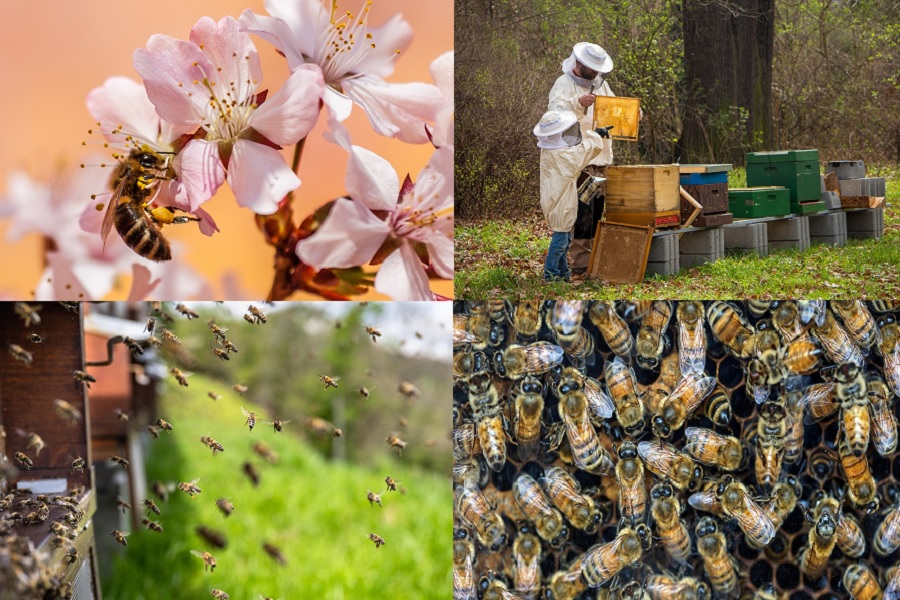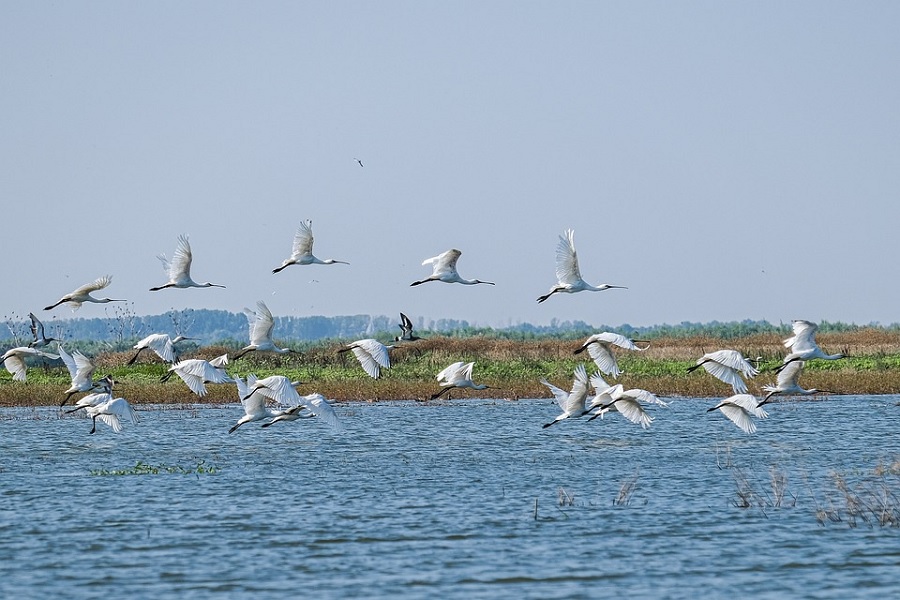“Buzzing Trails: Exploring Nature through Beekeeping and Pollinator Tourism”

In a world increasingly disconnected from nature, ecotourism is evolving into more purposeful and experiential journeys. One of the most enlightening and underexplored niches within this realm is Beekeeping & Pollinator Tourism—a powerful blend of conservation, education, and slow living.
Imagine waking up in the misty hills of Uttarakhand, sipping freshly brewed herbal tea sweetened with local wild honey, then heading out with a local beekeeper to check on hives buzzing with activity. You're not just on a holiday—you’re stepping into a delicate ecosystem that sustains life as we know it.
Why Beekeeping Tourism Matters
Bees and other pollinators—such as butterflies, beetles, and bats—are responsible for pollinating over 75% of the world’s food crops. Yet, these silent workers are under severe threat due to habitat loss, pesticides, and climate change.
Beekeeping tourism connects travelers with this hidden world, raising awareness about the importance of pollinators and supporting local livelihoods that rely on sustainable honey production.
What Is Pollinator Tourism?
Pollinator tourism is a type of nature-based experiential travel where guests engage directly with local communities involved in traditional and organic beekeeping. The focus isn’t just on sightseeing—it’s on understanding the vital role of pollinators in ecology and food systems.
Travelers can:
Visit apiaries and forest bee hives
Learn about traditional and stingless bee species
Understand the difference between wild vs farmed honey
Take part in honey harvesting ceremonies
Discover native flora and their pollination patterns
Try pollinator-friendly gardening and seed planting
Destinations Buzzing with Potential:
Kumaon & Garhwal, Uttarakhand
Villages like Almora, Pithoragarh, and Ranikhet offer rich opportunities to explore Himalayan flora and native Apis cerana bees. Local NGOs and eco-lodges often arrange educational stays.
Kodagu (Coorg), Karnataka
Home to dense forests and coffee estates, Coorg is ideal for learning about wild rock bees (Apis dorsata) and forest-based honey collection practices of the Jenu Kuruba tribe.
Wayanad, Kerala
This biodiversity hotspot offers deep dives into tribal beekeeping practices, herbal nectar trails, and Ayurvedic use of honey.
Meghalaya & Nagaland, Northeast India
Known for indigenous stingless bee farming and bee-based spiritual folklore, this region introduces you to the symbiosis of bees, forest life, and cultural identity.
Educational and Sensory Experiences
Pollinator tourism offers multi-sensory learning:
Visual: Watch bees perform the "waggle dance" to communicate nectar sources
Taste: Try honey tasting flights—each with a different floral note
Touch: Build or paint bee boxes, handle wax combs
Sound: Hear the rhythmic hum of busy hives in forest stillness
Smell: Inhale the floral complexity of raw, unprocessed honey
Many programs also include interactive workshops on biodiversity, plant-pollinator networks, and ways to support pollinators at home (like planting native flowers or avoiding pesticides).
Community Impact
Beekeeping ecotourism is not just nature-positive, it’s people-positive too. It helps:
Empower rural and tribal communities, especially women
Preserve indigenous beekeeping knowledge
Support the shift from extractive to regenerative livelihoods
Promote pollinator-friendly farming practices
Travelers, in turn, become eco-ambassadors, carrying home stories of connection and conservation.
Sustainable Travel That Leaves No Sting
Pollinator tourism is low-impact, deeply educational, and incredibly fulfilling. It invites you to slow down and observe the unseen forces of life—the tiny pollinators that keep entire ecosystems thriving.
At a time when mass tourism threatens the very environments it seeks to celebrate, this form of travel offers an antidote: humble, quiet, and full of purpose.
Conclusion: The Sweet Path of Discovery
So the next time you plan an escape into nature, skip the over-touristed trails and head to a buzzing apiary in the hills, forests, or valleys. Let bees be your guides—not just to honey, but to harmony with the Earth.




















